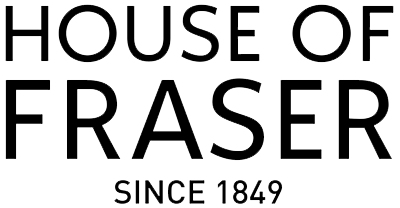Dark store retail formats are growing in popularity with UK consumers, with demand for dark stores continuing even as the pandemic eases, the latest European study from OneStock, the modern and agile Order Management System (OMS) provider for omnichannel retail, reveals.
Original research of over 2,000 UK shoppers in OneStock’s latest report revealed that over two thirds (67%) of consumers used dark store retail formats during the pandemic, choosing to click-and-collect or have online orders fulfilled from a non-essential retail store that was closed to the public during lockdown.
However, even as stores have reopened and covid-19 restrictions have eased, demand for dark store retail formats has continued, buoyed by the continued acceleration of ecommerce demand, transforming stores into min-warehouses. 84% of UK consumers want to continue using dark stores post-pandemic, and demand is higher still amongst Millennial demographics, rising to 91% of 25 – 44 year olds.
The latest Local Data Company data suggests 8,700 stores closed on UK High Streets in the first half of 2021 in the aftermath of the pandemic and increased demand for online shopping, prompting retailers and brands to re-evaluate store formats, with many choosing to turn traditional shop spaces ‘dark’ and reallocating them to process and fulfil online orders.
And it’s not just store spaces that are creatively adapting their physical outlets to support online operations amid rising demand; property owner, British Land, recently announced it will convert a London city-centre carpark into a warehouse for online shopping deliveries.
Romulus Grigoras, Founder and CEO at OneStock, commented:
“Born out of necessity during the pandemic, retailers are increasingly recognising that rethinking the role of the store is no longer a quick-fix, but the right approach in the long-term. The imperative to turn stores into mini-warehouses is supported by the fact that even large warehouses are not yet geared up for the huge growth in online orders and often have neither the staff nor the stock, let alone the systems to manage.”
“The dark store concept represents a changing of the guard,” he continued. “Where once consumers were directed in-store by the retailer because of a lack of systems and processes, now more and more retailers can offer flexibility and fast delivery, especially in the light of the increased demand by consumers for Q Commerce (quick commerce) capabilities. And flexibility will be a key attribute for success in the future because, while many people are making predictions about the future role of the store, all we can really know is the store will have to act with agility as consumer tastes and behaviours continue to change.”
For further information on how retailers can rethink store formats and unify stock to improve availability across all sales channels whilst driving operational efficiencies, download the report: Omnichannel Study: How retailers can serve the post-Covid shopper.


















